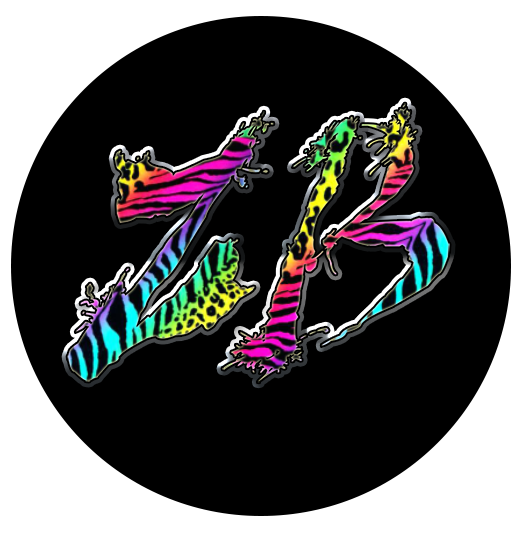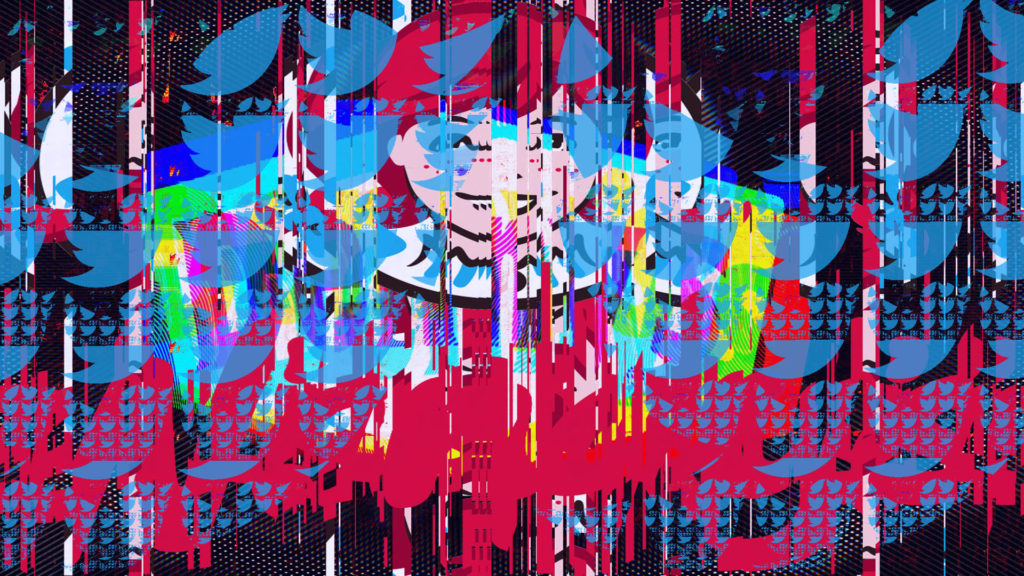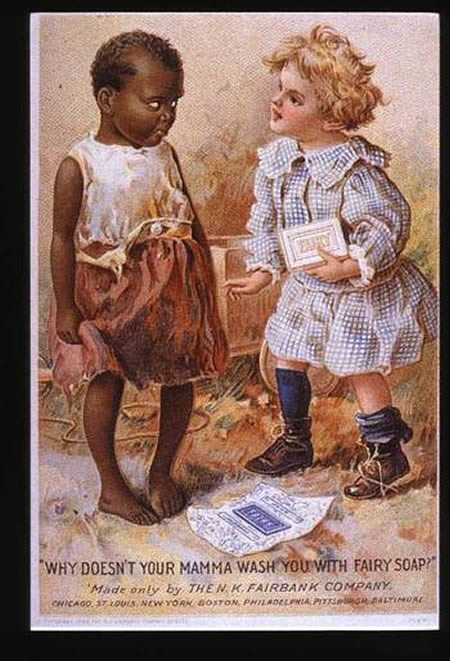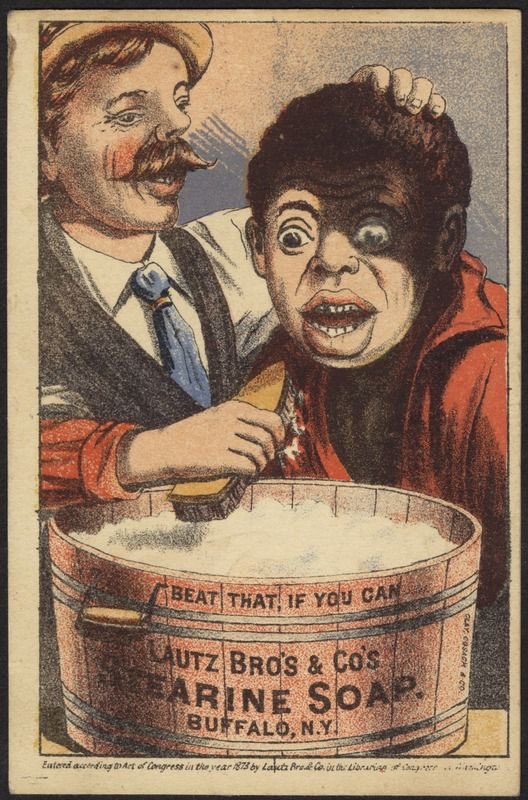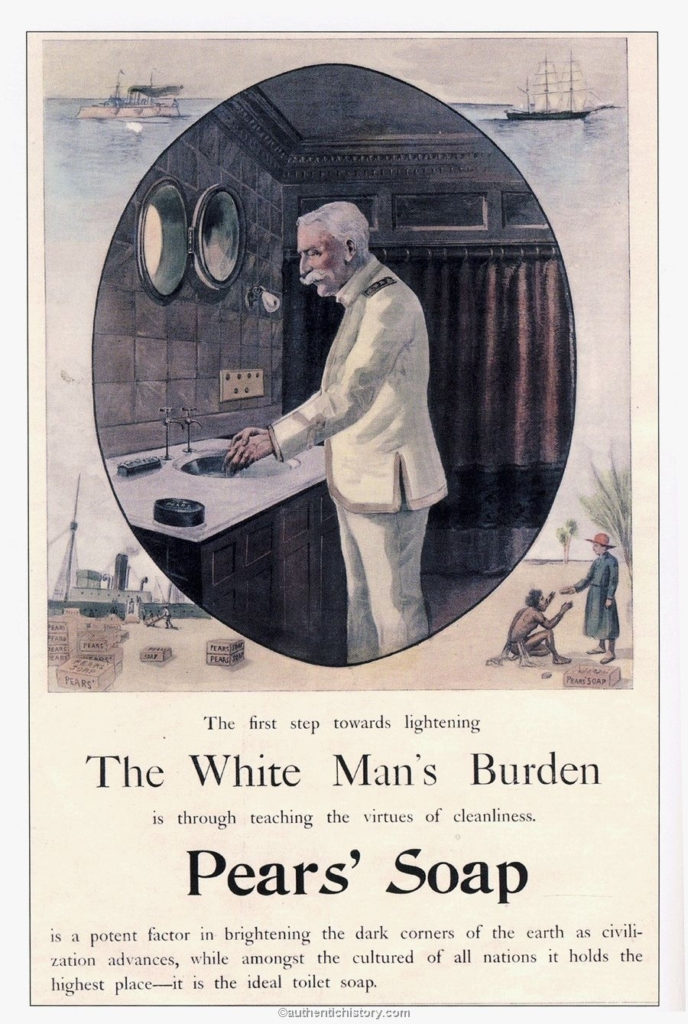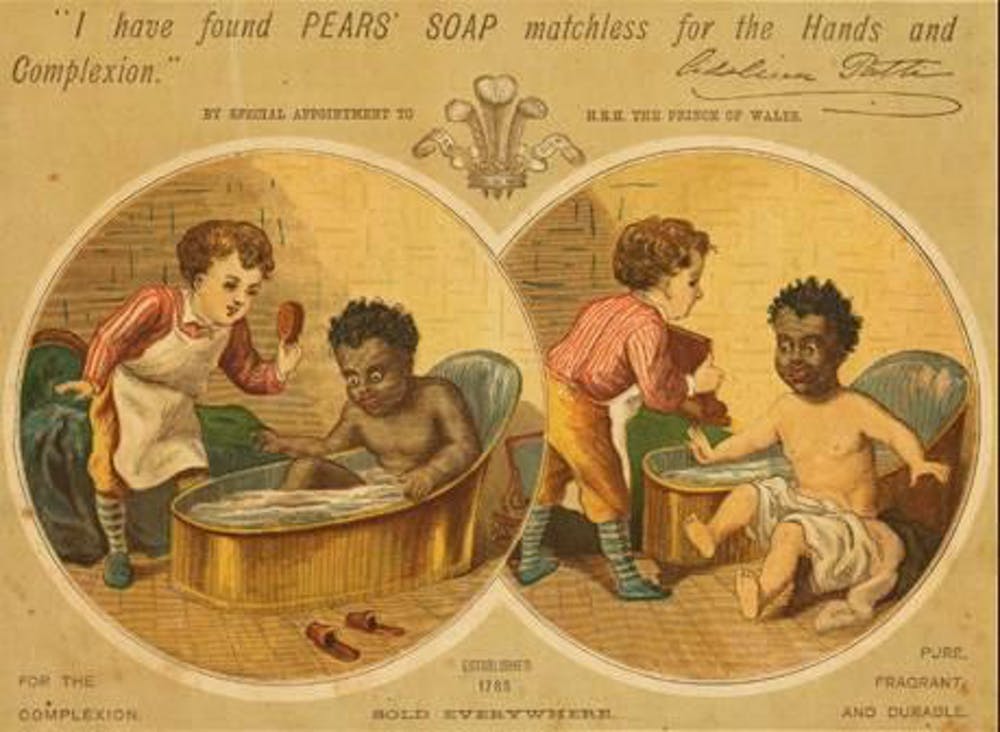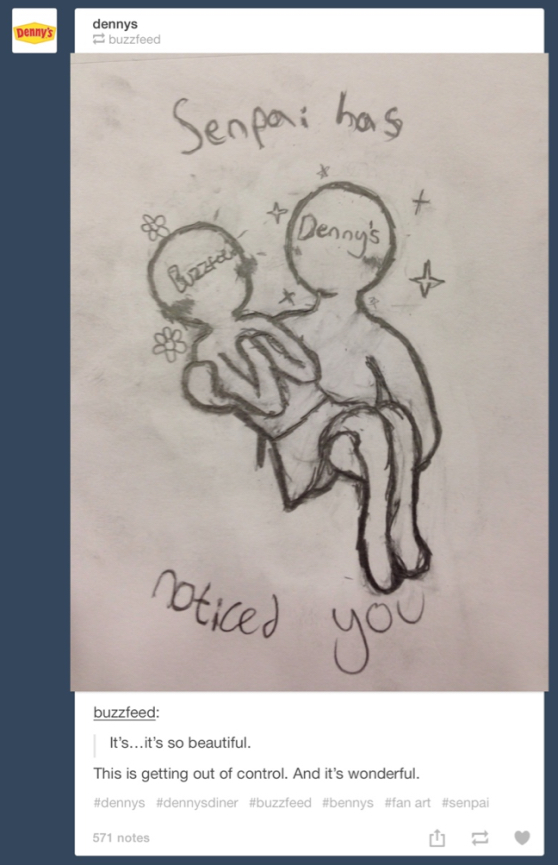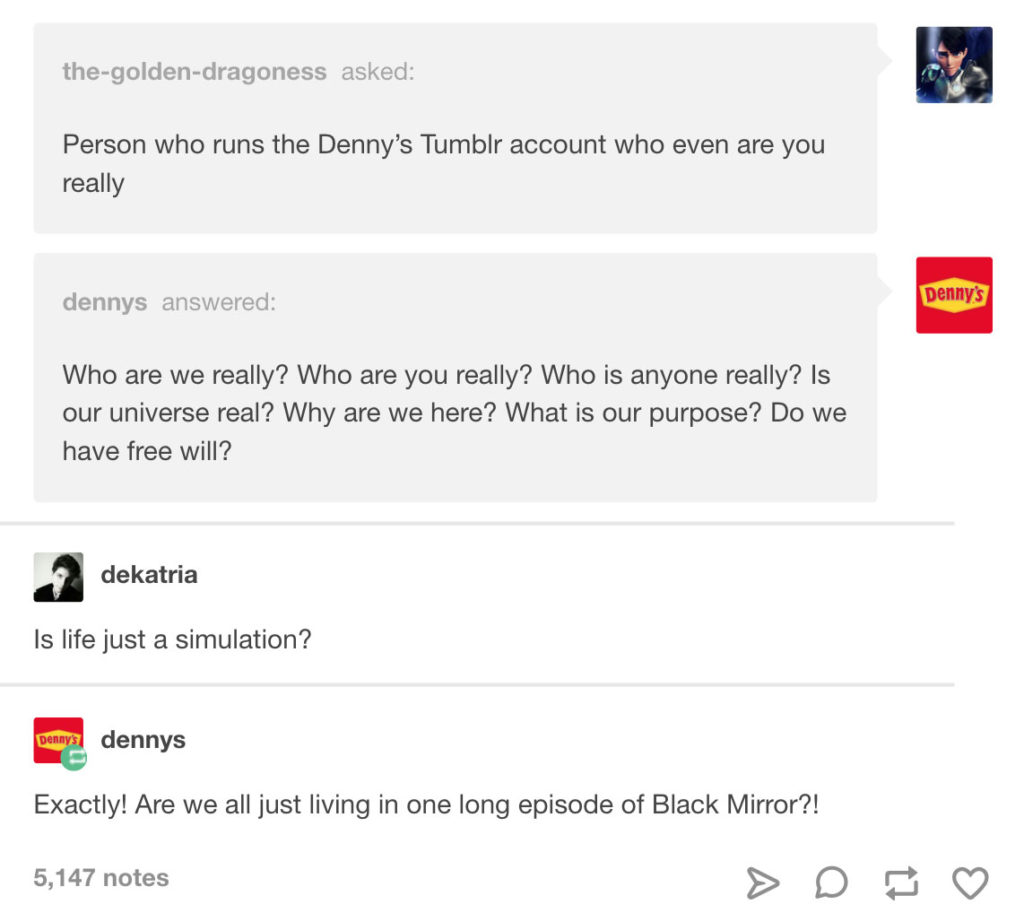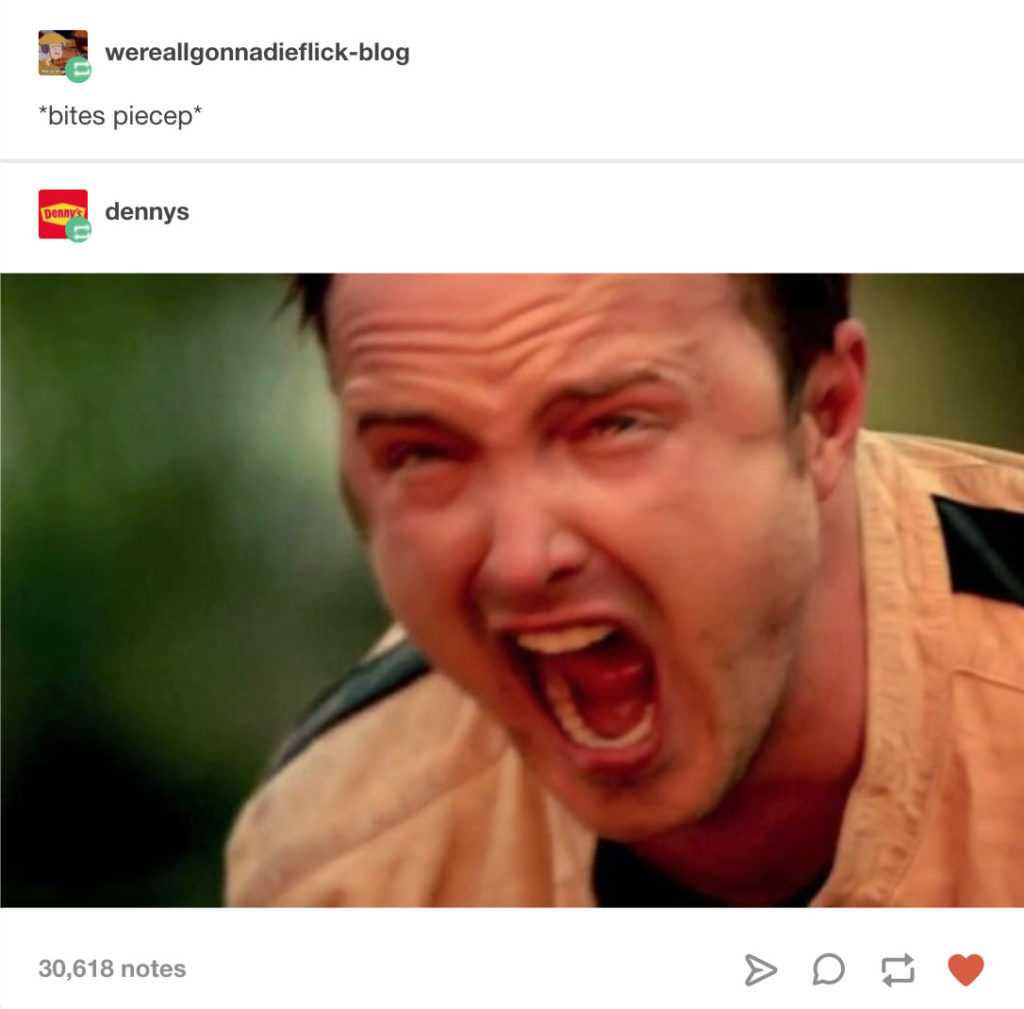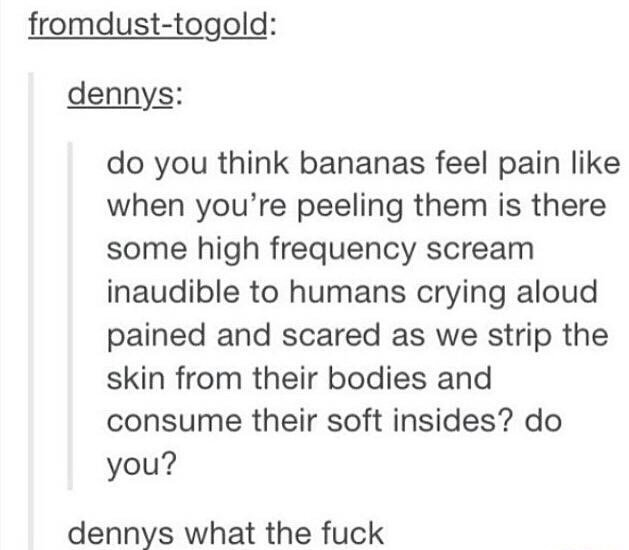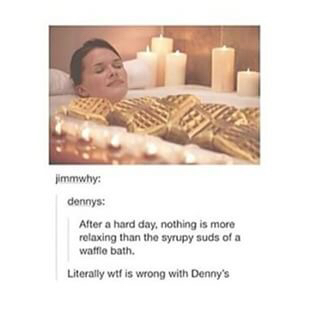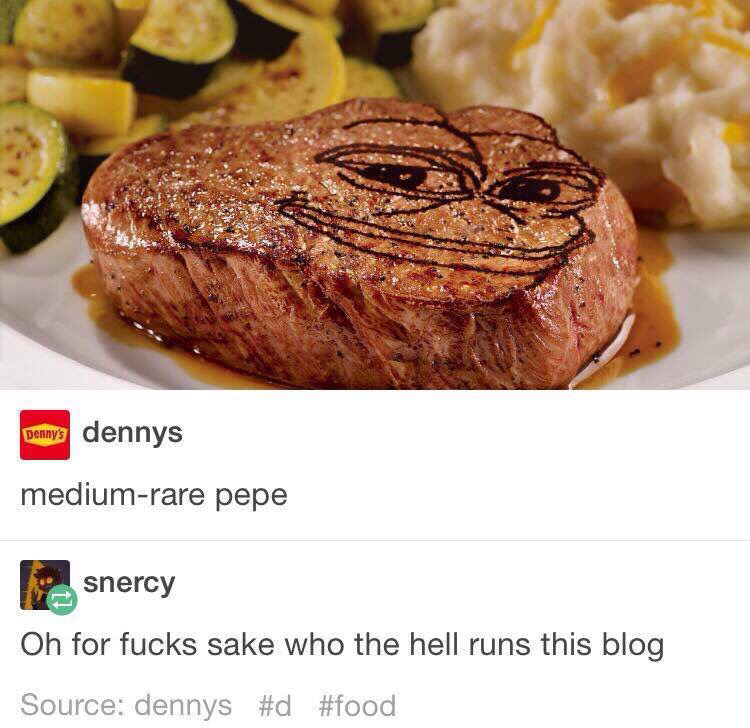In the beginning, advertising was mainly focus on promoting the qualities of a product, with some racism or sexism tossed in for good measure. I mean, how else where you supposed to sell soap without joking that it could turn black people white?
(There’s pages and pages of these on Google, by the way, even into the year of our Lord 2017.)
Now the brands just have depression and feel cute n sad online. Behold, the mistake of God’s creation, one of the most deeply cursed Twitter threads in all existence:
I can’t do this anymore
— SUNNYD (@sunnydelight) February 4, 2019
If reading this doesn’t turn you into a communist, you are a cop. I deeply despise everything about this thread: the faking of actual concern, the various other verified brand accounts offering their sympathies, and finally, the unironic love people have for this type of corporate shitposting.
RT if you’d like to thank brand twitter for making tonight enjoyable.
— Little Debbie (@LittleDebbie) February 4, 2019
You’re witnessing something incredibly dystopian right before your eyes: the embodiment of consumer culture made manifest in a singular alienated personality. This is a junk food drink pretending to be depressed, mimicking the very real messages suicidal people post to social media before taking their own lives. What a cynical way to sell terrible orange drink. It is craven advertising of the worst kind.
Remember when SunnyD was just chemical orange slop the consistency of antifreeze? Many of us do. Now the brand can’t even. Too much, too soon. The brands are sentient now, some sort of amalgamation of overdramatic twee and snappy clapbacks. Most of these accounts are garbage fast food that have taken on millenial and Gen Z personality types, echoing the precarious and stressful uncertainty of 2019. We have 11 years to solve climate change before irreversible damage occurs. Our elected leaders are a combination of racist cartoons and capitalist cognitohazards eager for woke imperialism. All backed up by an insane economic system that produces depressed brands.
What the fuck is going on?
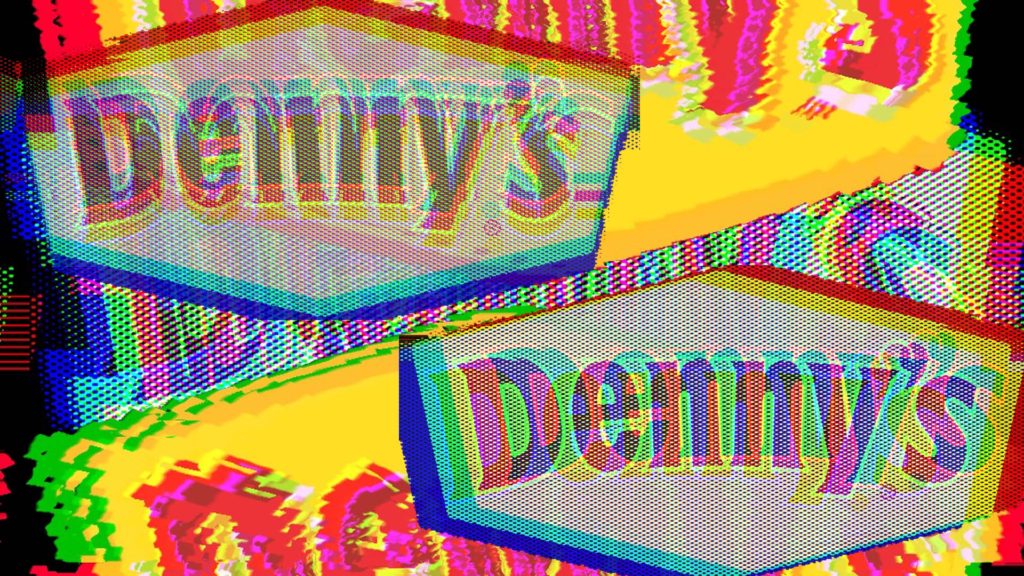
A Brief History of Brands That Speak Like Sad Teens
Tumblr, love it or hate it, it’s the source of a lot of youth culture and teenspeak that many non-Tumblr people have since used slopped in gallons of irony. It’s also the source of the first identified shitposting brand identity: Denny’s. You could also make the argument the Quizno’s Rats in 2004 were the trial balloon for surrealist, Adult Swim-style humor in advertising.
You heard me right. Denny’s, the everpresent pitstop for drunk club-goers who need some bread and protein to suck up all the molly. You never intend to go to Denny’s, you just end up there. Existing for over 60 years, Denny’s has never been “cool” in the same way Chipotle has been, it’s just been part of your suburban landscape, right there off I-71 next to the Citgo. A slightly dumpy but cheap hangout, open 24/7.
The concept is called “nightblogging”: sleep-deprived or chemically-enhanced Tumblr posts arriving in the dead of night, often featuring bizarre, surrealist humor and images. They’re part of the Tumblr ecosystem, like Weird Twitter or Boomer Facebook.
Denny’s Tumblr is an ultimate act of irony. And it spread. Wendy’s soon adopted the attitude of a sassy, extremely online teen, being harsh in the replies. This used to be limited to high-profile ad buys, like Super Bowl commercials that are intentionally terrible to be a meta-commentary. It’s mutated and has been steadily growing, exploded in 2017 (right around you-know-who became President). The following brands soon adopted similar Twitter personality types: Quiznos, Little Debbie’s, Arby’s, Steak ‘Ems, Burger King, Taco Bell, and Puffs. It’s very important that these brands take on a type of posting style as an extension of their own unique brand identity. And it’s no surprise that this has been most popular among youth-oriented comfort food.
The person responsible for the Denny’s Tumblr account was (then 21-year old) Amber Gordon and graphic designer Matthew Clifton, who wanted to craft an approachable social media personality that more authentically replicated the voice and mode of that platform. Who better than the users of that platform, who understand the hierarchy, glossary, culture, and trends? 20 somethings are now no longer just interns, but running multi-billion dollars marketing campaigns. The Wendy’s social media team even did a Reddit AMA where they just replicated this voice. They’re also responsible for the obnoxious “nuggs” thing:
HELP ME PLEASE. A MAN NEEDS HIS NUGGS pic.twitter.com/4SrfHmEMo3
— Carter Wilkerson (@carterjwm) April 6, 2017
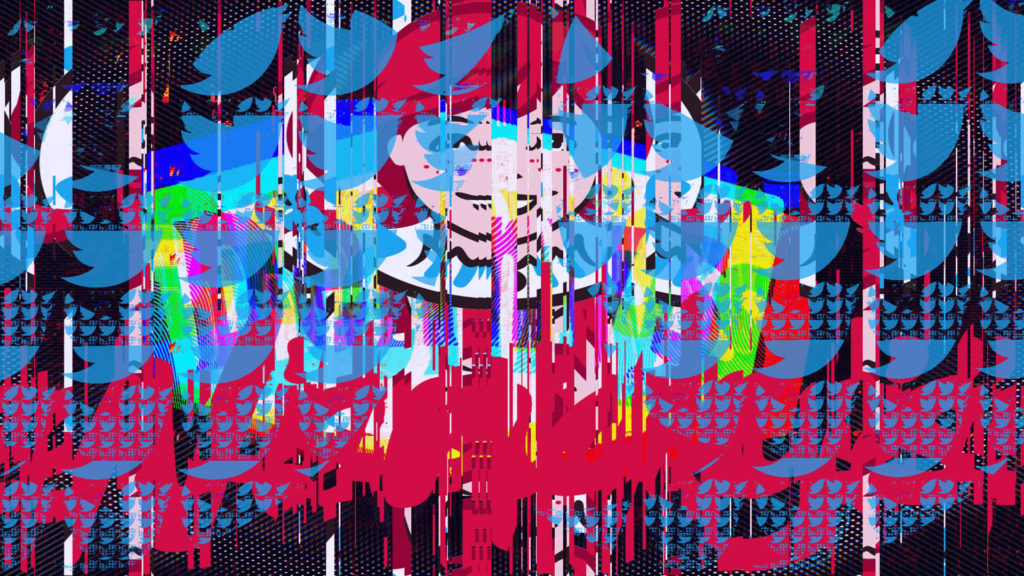
Why This Works
There’s the obvious novelty factor of a bland corporate brand making a radical marketing change. The randomness is part of the appeal: a brand not typically directly associated with youth culture with a more traditional marketing strategy, suddenly make a hard turn into surreal shitposting. Internet language is a dance: you don’t want to be too sincere but you also don’t want to be too flippant. You want to be relevant to a culture but not a cartoon of it. This is how we navigate the internet every day.
What Denny’s and Wendy’s and all the other brands are doing is not just being funny. Plenty of brands can crack jokes and be personable. This is a horse of a different color. This is a brand taking on the personality of a plausible individual, replicating the tone and content of a person living a precarious life in late capitalism who is very online. It’s like an uncanny valley android: person-shaped but not, convincing in many ways but disturbing in many others.
In this precariousness and alienation is where absurd humor comes from: nothing seems to matter, because my society is empty and meaningless, therefore making a joke as absurd as my life is my way of coping with it. Think of “Love too die on Twitter dot com” as a type of shared commiseration over how nothing really gets better, just dumber and more awful in increasingly stupid ways. A good example is Pelosi’s “sarcastic clap” is memed into oblivion when in reality, she was sincerely clapping in a weird way, and thousands of desperate people projected their own need for genuine resistance to Trump’s agenda. Everything is stupid and broken.
When your daily life is a question mark of confusion, anxiety, and uncertainty; a dopamine rush of sugar and fat can sometimes do the trick to snap you briefly out of it. Also, millenial and Gen Z audiences absolutely detest being advertised to. So these brands needed to change tack by instead of advertising specific things, like a promotion, provide content that is palatable to that platform.
Having a sympathetic voice, even if it’s an impersonal brand, who claims to understand you in a very direct way, is very different from impersonal, aspiration advertising. Instead of saying, “Look what you’re missing out on”, they say, “Yeah, we know you eat ramen and binge TV to avoid this crushing hellworld. It’s cool.”
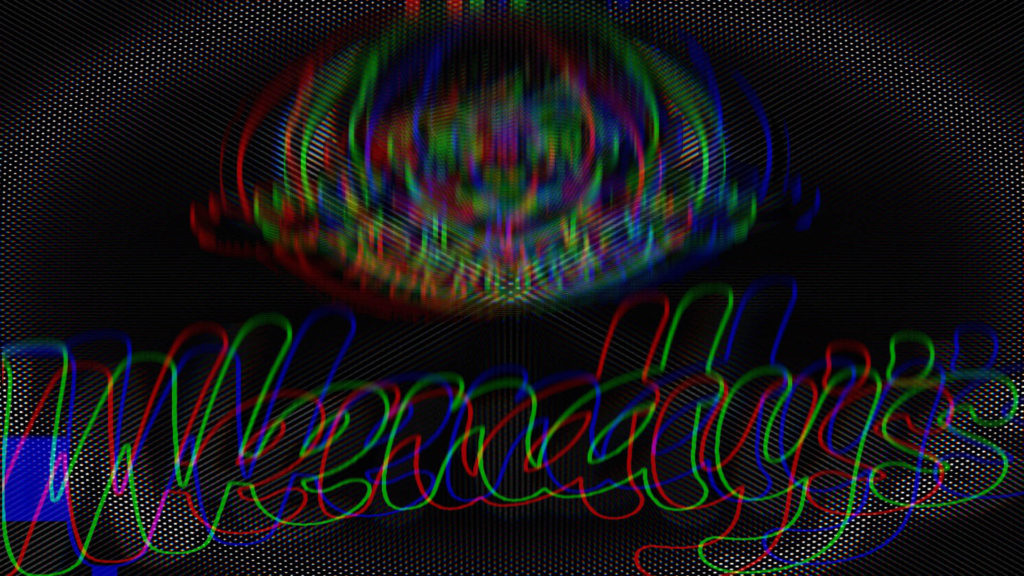
Why This Is Insidious
It’s very not cool for a brand to tell you that they understand why you’re suffering. Their economic system, the one they are creating memes for, is the one causing their audience’s problems in the first place. The language they’re appropriating is unintentionally designed to neutralize any critique of that.
It’s a new type of class traitor: someone who wants us to LOL and ignore the fact Denny’s hasn’t paid a living wage in decades, meanwhile using internet culture to advance that same exploitation. That fast food companies have a horrendous labor practice track record, plus their food is a negative force in society (from obesity to unsustainable global supply chains). They’re not your friends, even if they talk like them.
It’s a worse evolution than “Fellow Kids” cringe, when brands make hamfisted attempts to be relatable and end up looking awkward. I take it back, that’s hilarious and I love when that happens. This new type of millennial/Gen Z branding is more insidious, more destructive by tricking us into thinking a for-profit entity has any of our best interests in mind, or that they’re our friend, that sassy teen who claps back on her haters. (Notice how much of this lingo is from predominantly Black Twitter and how many of the social media managers are white.)
Let’s be clear: these companies are selling junk food, not friendship or solidarity. There’s no understanding of your situation, only an emulation of it. A critique of this is: “But it’s harmless fun! They’re just being silly online! You get mad when they’re unrelatable but get mad when they are? What’s your problem?” The problem is that they’re hacking into genuine online culture in a way ad blockers can’t stop, that they fucking exist, that there’s any sort of space for a corporate brand to pretend to be a depressed young adult. Even more damning that there is an audience for it. That this could be considering revolutionary and striking, and not a sign of a deep, fundamental alienation.
Behold the near future:
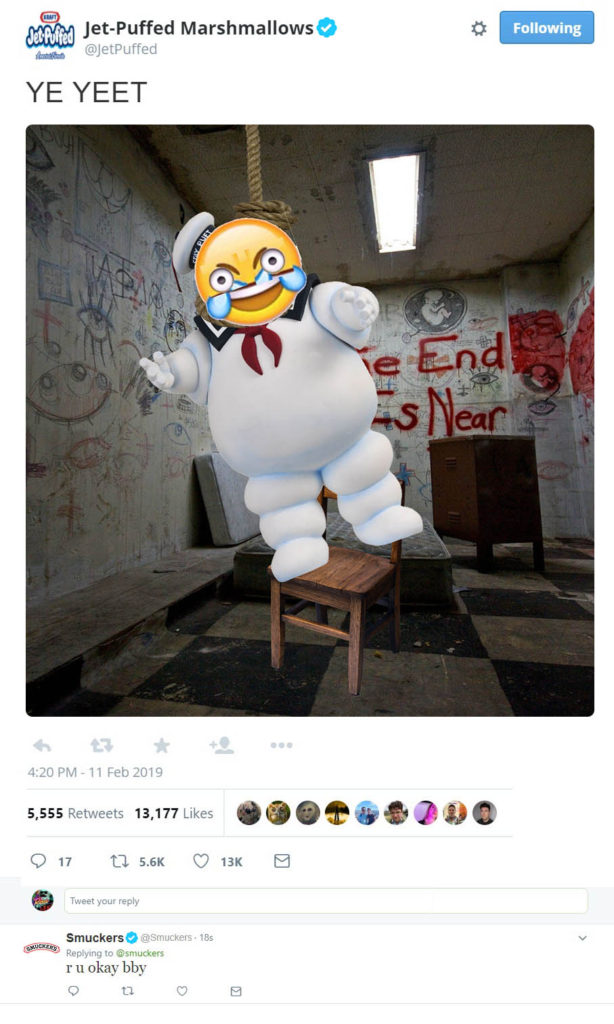
This isn’t real, but it might as well be. And Smuckers, we are not fucking okay.
Carl Wilhoyte is the co-editor and co-founder of Zero Balance. His work has appeared in Street Fight Radio, District Sentinel, Abomination Magazine, Bourbon Penn, and Farmhouse Magazine.
